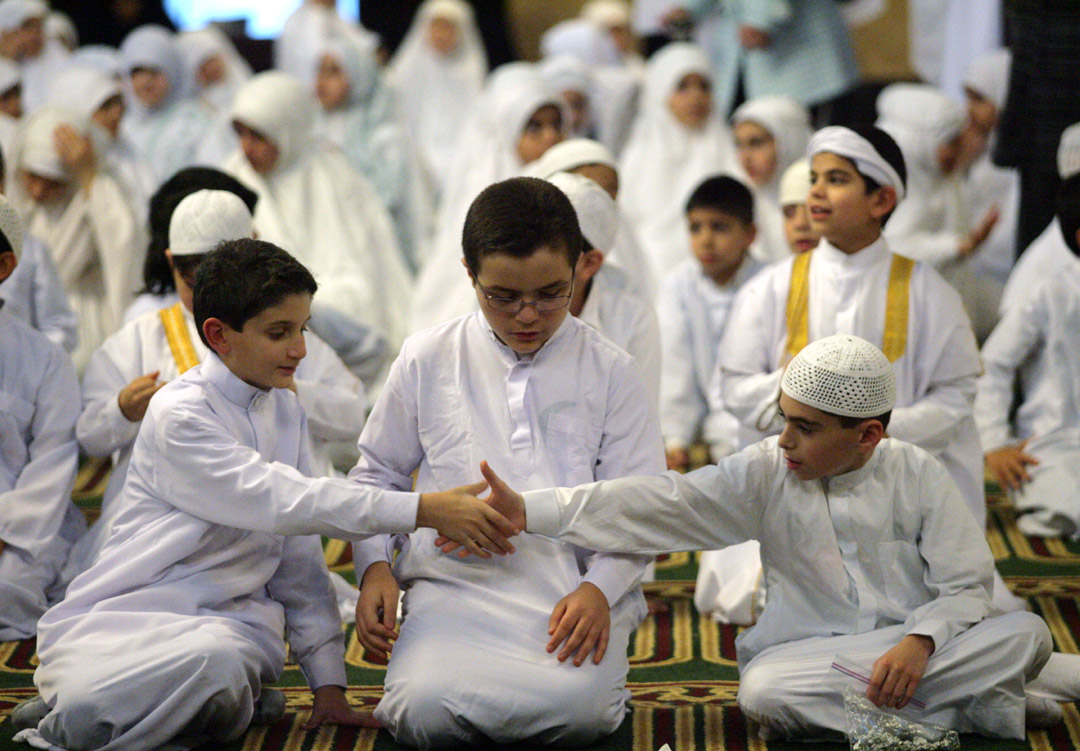So it’s that time of the year again. You know exactly what
I’m talking about…countless memes have been generated about this
anxiety-producing phenomenon. Finals are literally right around the corner, and I know that ya’ll are
probably stressing like crazy. Cramming a whole semester’s worth of material in
a week is not fun, and this time of the year especially sucks because many students have borderline grades. Which puts a whole lot of pressure on the
final exam.
This is me telling you we can do it. Yes we can, Inshallah (God willing)! Good luck to all of you, keep your heads up and study diligently. I am confident that you all will do great and earn the grades you are aiming for.
Here are some studying tips that I’ve put together. We all know this but it’s always nice to have a little refresher
1) Make a schedule! Space out your studying times and use your time wisely.
2) Your short term memory has the capacity to hold about 7 items, and you must make a conscious effort to retain it. What does this mean for us? Don’t try to memorize 30 things at once. Break the work into small chunks and fully master each section before moving on.
3) If you’re having a hard time concentrating, try studying in 20 minute increments with 5 minute breaks. The break refreshes your brain.
4) Connect the content of the material to yourself personally. You are more likely to remember it that way.

This is me telling you we can do it. Yes we can, Inshallah (God willing)! Good luck to all of you, keep your heads up and study diligently. I am confident that you all will do great and earn the grades you are aiming for.
Here are some studying tips that I’ve put together. We all know this but it’s always nice to have a little refresher
1) Make a schedule! Space out your studying times and use your time wisely.
2) Your short term memory has the capacity to hold about 7 items, and you must make a conscious effort to retain it. What does this mean for us? Don’t try to memorize 30 things at once. Break the work into small chunks and fully master each section before moving on.
3) If you’re having a hard time concentrating, try studying in 20 minute increments with 5 minute breaks. The break refreshes your brain.
4) Connect the content of the material to yourself personally. You are more likely to remember it that way.

The last thing I want to leave you
with is this special duaa (prayer) to say before your exams.
I highly recommend that you memorize this duaa if you have
not already. This is a duaa that should be said before any trial in our lives and when you want to be understood well by others. Inshallah Allah will ease the task for us.
What I find most amazing about this duaa is that these are the exact same words Musa (Moses) used when he was in a state of extreme despair. God entrusted Musa with the daunting task of calling Pharaoh to the Truth and to submit to God. Musa suffered from a speech impediment and felt terrible anxiety confronting Pharaoh, so Musa called out to his Lord and pleaded for his help. Allah always answers a sincere a duaa. He aided Musa in his quest. Allah provided Musa the help of his brother Haroon (Aaron) to ease the burden upon Musa, and it is with God’s help that Musa’s people became free of the oppression of Pharaoh. The important lesson to derive from this is that when you call out to Allah for help, he will be there for you.
Inshallah with hard work and sincere prayers, we all will ace our finals. Good luck!













